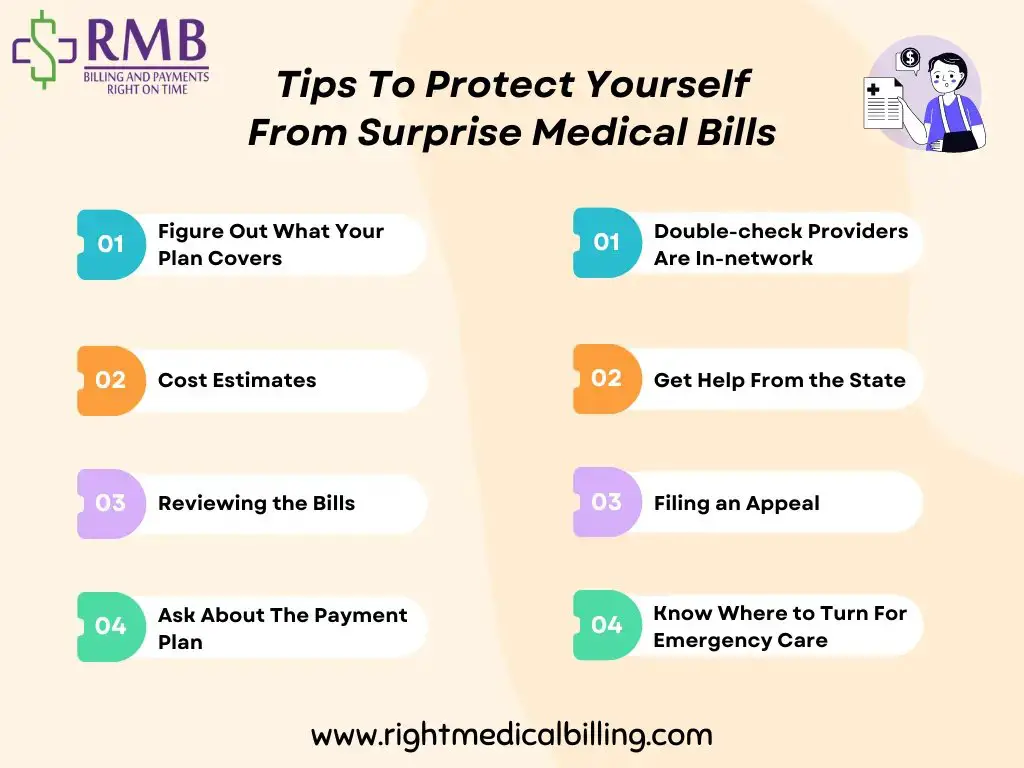Are you tired of paying high premiums for your car insurance? Looking for ways to reduce your costs without compromising on coverage? Well, you’re in luck! In this article, we’ll share some practical tips for reducing your car insurance premiums, helping you save money while still protecting your vehicle. Whether you’re a seasoned driver or a newbie hitting the road, these tips will empower you to make smart choices and find the best deals. So, let’s dive in and discover how you can lower your car insurance costs without sacrificing quality.
Tips for Reducing Your Car Insurance Premiums
Introduction
Car insurance is a necessary expense for any car owner, but that doesn’t mean it has to break the bank. With the right knowledge and strategies, you can reduce your car insurance premiums and save money each year. In this article, we will explore a range of tips and techniques that can help you lower your insurance costs without compromising on coverage. From selecting the right policy to implementing smart driving habits, we’ve got you covered.
1. Shop Around for the Best Rates
One of the most effective ways to reduce your car insurance premiums is to shop around and compare rates from different insurance providers. Insurance companies use different algorithms to calculate premiums, so prices can vary significantly. By obtaining quotes from multiple insurers, you can determine which company offers the best rates for your specific needs. Online comparison tools and independent insurance brokers can be valuable resources in this process.
2. Opt for a Higher Deductible
Choosing a higher deductible is another way to lower your car insurance premiums. A deductible is the amount you agree to pay out of pocket before your insurance coverage kicks in. By increasing your deductible, you’ll be taking on more financial responsibility in the event of an accident, but your monthly premiums will decrease. It’s important to balance the deductible amount with your ability to pay in case of an accident.
3. Maintain a Good Credit Score
Believe it or not, your credit score can impact your car insurance premiums. Insurance companies often use credit-based insurance scores to assess risk. Individuals with higher credit scores are generally viewed as more responsible and less likely to file claims. By maintaining a good credit score, you can potentially qualify for lower insurance rates. Keep your credit in good shape by paying bills on time and minimizing debt.
4. Bundle Your Policies
If you have multiple insurance policies, such as home or renters insurance, consider bundling them with the same provider. Insurance companies often offer discounts for bundling policies, which can lead to significant savings on your car insurance premiums. It’s worth reaching out to your current provider or exploring options with other insurers to see if bundling is a viable option for you.
5. Take Advantage of Discounts
Insurance companies offer a variety of discounts that can help lower your car insurance premiums. Some common discounts include:
- Safe driver discounts for maintaining a clean driving record
- Good student discounts for young drivers with excellent academic performance
- Multi-car discounts for insuring multiple vehicles
- Low-mileage discounts for driving fewer miles annually
- Affiliation discounts for belonging to certain organizations or professional groups
Check with your insurance provider to see if you qualify for any of these discounts. They can add up and make a significant impact on your premiums.
6. Consider Usage-Based Insurance
Usage-based insurance, also known as telematics, is a growing trend in the insurance industry. This type of insurance relies on technology to monitor your driving habits, such as speed, mileage, and braking. By opting for usage-based insurance, you have the opportunity to prove that you are a safe driver and potentially receive discounts based on your driving behavior. This can be an excellent option for individuals who have good driving habits and want to save on their premiums.
7. Reduce Coverage for Older Vehicles
If you own an older vehicle that has significantly depreciated in value, it may be wise to reconsider your coverage options. As a general rule, if the cost of comprehensive and collision coverage exceeds 10% of your car’s value, it may not be cost-effective to continue carrying these coverages. However, keep in mind that dropping comprehensive and collision coverage means you will bear the cost of any repairs or replacements yourself in the event of an accident.
8. Improve Vehicle Security
Enhancing your vehicle’s security can result in lower insurance premiums. Installing anti-theft devices, such as car alarms, steering wheel locks, or GPS tracking systems, can deter thieves and reduce the likelihood of your car being stolen. Insurance companies recognize this reduced risk and often offer discounts for vehicles equipped with such security measures. Consult your insurance provider to find out which security systems qualify for discounts.
9. Drive Safely and Maintain a Clean Record
Maintaining a clean driving record is essential for keeping your car insurance premiums low. Tickets, accidents, and other traffic violations can lead to higher rates due to the increased risk you pose as a driver. By driving safely and avoiding infractions, you demonstrate responsibility and minimize the likelihood of filing claims. Stay aware of traffic laws, avoid distractions while driving, and always prioritize safety on the road.
10. Attend Defensive Driving Courses
Completing a defensive driving course can not only make you a safer driver but also potentially qualify you for insurance discounts. These courses provide valuable knowledge and techniques for avoiding accidents and handling different road situations. Many insurance companies offer discounts to drivers who have completed defensive driving courses. Check with your insurer to see if they recognize and reward these certifications.
Reducing your car insurance premiums is not an impossible task. By following these tips and implementing smart strategies, you can save money while maintaining adequate coverage. Remember to shop around, increase your deductible if possible, maintain a good credit score, and take advantage of available discounts. Additionally, practicing safe driving habits, attending defensive driving courses, and improving your vehicle security can further contribute to lower premiums. With a proactive approach and a little research, you can achieve substantial savings on your car insurance without sacrificing protection.
We’ve covered the basics of reducing your car insurance premiums. Should you have any more questions, feel free to refer to our FAQ section below.
5 Ways to Lower Your Car Insurance
Frequently Asked Questions
Frequently Asked Questions (FAQs)
1. How can I reduce my car insurance premiums?
There are several tips you can follow to reduce your car insurance premiums. Some of the most effective strategies include maintaining a good driving record, opting for a higher deductible, taking advantage of discounts, bundling policies, and considering usage-based insurance.
2. Does maintaining a good driving record help in reducing car insurance premiums?
Yes, maintaining a good driving record can help reduce your car insurance premiums. Insurance providers often offer lower rates to drivers with a clean history of accidents and violations, as they are considered to be less risky to insure.
3. What is a deductible, and how can it lower my insurance premiums?
A deductible is the amount you pay out of pocket before your insurance coverage kicks in. Opting for a higher deductible can lower your car insurance premiums, as it shifts more of the financial responsibility onto you in the event of an accident.
4. Are there any discounts available that can help me save on car insurance?
Yes, many car insurance providers offer various discounts that can help you save on premiums. These discounts may include good student discounts, multi-policy discounts, safe driver discounts, low mileage discounts, and discounts for certain safety features in your vehicle.
5. How does bundling policies help in reducing car insurance premiums?
Bundling policies refers to combining multiple insurance policies, such as car insurance and homeowner’s insurance, with the same provider. By bundling your policies, you can often receive a discounted rate on both, helping you save on your car insurance premiums.
6. What is usage-based insurance, and how can it help reduce premiums?
Usage-based insurance (UBI) is a program that uses telematics technology to collect data on your driving habits. By opting for UBI, you allow your insurance provider to monitor factors such as mileage, speed, and time of day you drive. Safe driving habits can result in lower premiums.
7. Can improving my credit score help lower my car insurance premiums?
Yes, in many cases, improving your credit score can help lower your car insurance premiums. Insurance providers consider credit history as a factor when determining premiums, as studies suggest a correlation between creditworthiness and the likelihood of filing claims.
8. Is it worth shopping around for car insurance quotes to find better rates?
Yes, it is highly recommended to shop around and compare car insurance quotes from different providers. Rates can vary significantly, and by exploring multiple options, you have a better chance of finding a policy with lower premiums that still meets your coverage needs.
Final Thoughts
Reducing your car insurance premiums can save you a significant amount of money in the long run. To achieve this, first evaluate your coverage needs and consider adjusting your deductibles. Maintaining a clean driving record and taking defensive driving courses can also help lower your premiums. Installing safety devices such as anti-theft alarms and tracking systems may lead to discounts. Additionally, bundling your car insurance with other policies from the same provider can often result in reduced premiums. Finally, regularly reviewing and comparing quotes from different insurance companies will ensure you are getting the best deal. By implementing these tips for reducing your car insurance premiums, you can keep your expenses in check without compromising on coverage.



